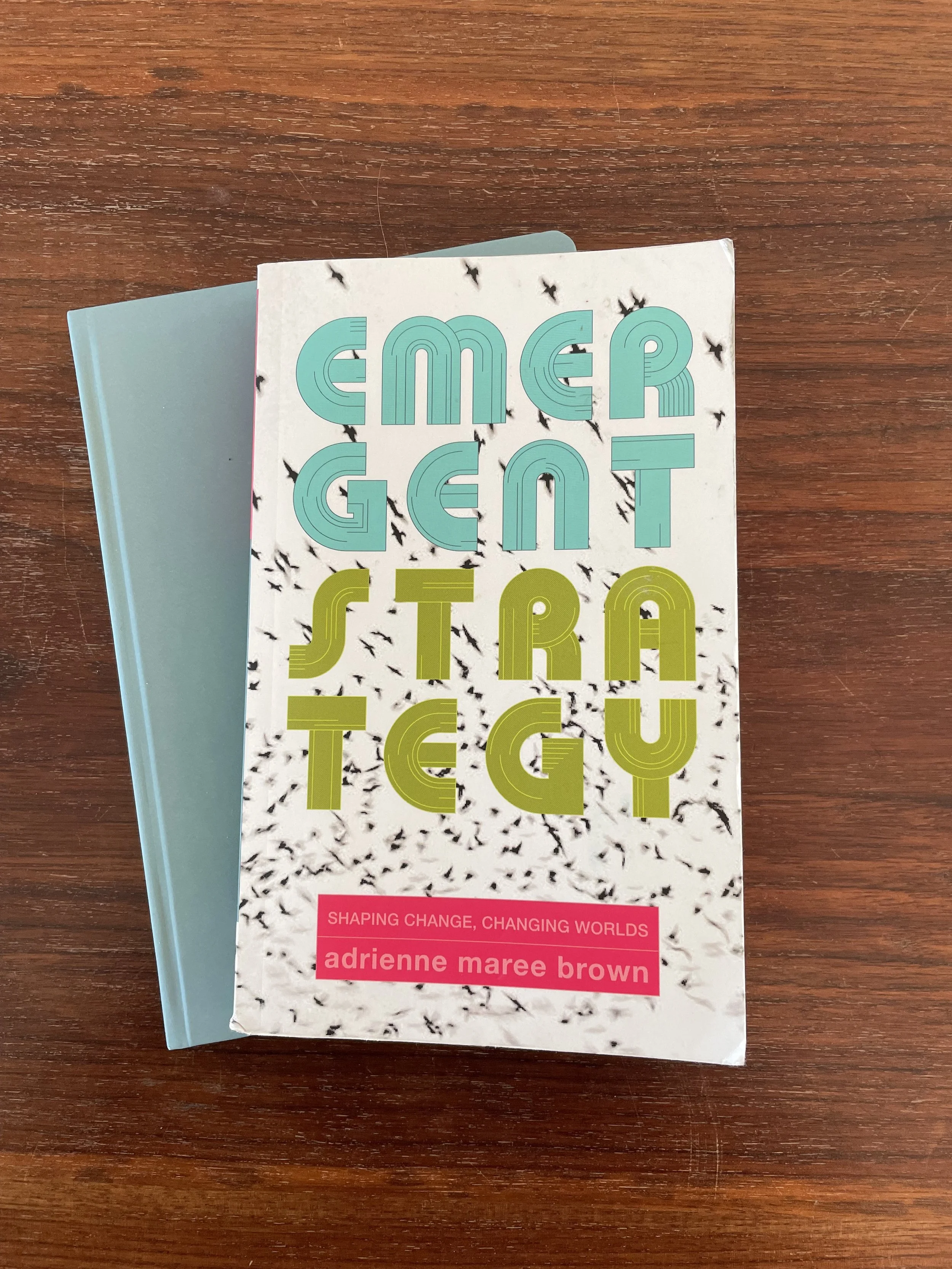I would like you to meet Amber.
Amber Wallace is earning her degree in clinical-community psychology at University of South Carolina, where she:
Is a Southern Regional Education Board (SREB) state fellow. The SREB fellowship program seeks to increase the number of minority students who earn doctoral degrees by providing funding and professional development opportunities to their Doctoral Award recipients.
Offers therapy and assessment services via the campus’s affiliate Psychology Services Center. As a part of her clinical training, Amber delivers psychotherapy interventions to adult clients with a variety of mental health issues under the supervision of licensed psychologists.
Plays a leadership role in the Black Psychology Graduate Student Association, a student group that was founded 37 years ago on the commitment of members to engage in community-serving professional organizations.
Utilizes her previous experiences of mentoring students of color as a former coordinator and research specialist at Emory University’s Infant & Child Lab to mentor undergraduate students at U of SC.
Is a member of Dr. Suzanne Swan’s research team where she studies many facets of interpersonal violence. Currently, she is examining behavioral correlates of drugging perpetration.
In April of 2021, Amber and I submitted a response to the Ohio Department of Higher Education’s request for proposals that “evaluate the experiences of marginalized campus communities (i.e., Persons of Color, LGBTQ+, students with disabilities) with regards to power and gender-based violence through a campus climate survey.”
In our proposal, we articulated a vision for a process of data collection, analysis, reflection, and use that would bring together up to twelve campuses as a cohort to design and field test new survey questions with marginalized students and employees (in AY 2021-2022) and then apply those findings to action (in AY 2022-2023). Like a “musical round,” in year 2 — while the first group was applying results — a second cohort of up to twelve additional campuses would follow their lead and begin adapting the new survey items for use with priority communities on their own campuses.
“...the Consultants have designed a “greenhouse” project that will engage up to 24 campuses in collaborative inquiry activities to develop best practice recommendations on how to use climate surveys to operationalize intersectional identities and to understand the relationship between those identities and 1) perceptions of campus climate, and 2) victimization/perpetration of harassment — including racialized sexual harassment and daily micro-aggressions — as well as patterns of service utilization and upstander behaviors within these groups.”
[Image Description: A view of the entrance to a tent-shaped greenhouse with an open door and a tile floor. Through the door, three planters are lined up inside the greenhouse with young plants climbing up support poles. Behind the greenhouse a large compost heap can be seen. Photo Credit by @anniespratt on Unsplash.com]
Our proposal was accepted!
Amber and I are currently enrolling the campuses who will comprise the first cohort of our collaborative inquiry project. Collaborative inquiry is a form of professional learning in which educators pose and answer questions informed by data from their own students.
The purpose of the project, in the long term, is to take bold action to dismantle the systems of oppression that render some groups of people marginalized and minoritized on campus. The objectives, in the short term, are to prioritize these communities that have been historically marginalized, to develop tools for collecting data about intersectional social identities, to generate insight about campus based sexual misconduct, and to take action that improves campus life for priority groups.
We will share more about our plans, our efforts, our successes, and our learning experiences as the project unfolds. Updates will be posted here.







